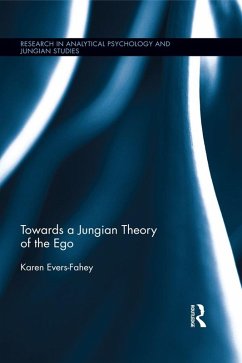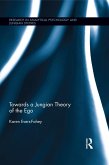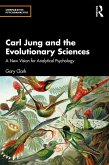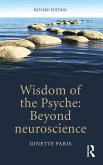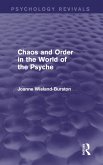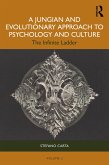Drawing on Ego Psychology as a theoretical framework, Evers-Fahey proposes that Jung uses the concept of ego in four distinct ways and that he developed and used his ego concept based on two discrete paradigms. These distinctions explain the confusion and ambiguity found when examining the development of Jung's analytical psychology over his lifetime. This book provides an examination of ego development and ego defenses based on a unique Jungian standpoint, as well as discussion of the relationship between the ego and the Self and the ego and 'the individuum'. Furthermore, the inclusion of a historical framework helps to place the development of these concepts in context.
This book proposes a theory of ego psychology based on Jungian theory rather than traditional psychoanalytic theory, thereby filling a gap in the knowledge of Jungian theory. The book will be essential reading for academics and postgraduate students engaged in the study of Jungian psychology and psychoanalytic theory and will also be valued by those interested in Jung and ego psychology more generally.
Dieser Download kann aus rechtlichen Gründen nur mit Rechnungsadresse in A, B, BG, CY, CZ, D, DK, EW, E, FIN, F, GR, HR, H, IRL, I, LT, L, LR, M, NL, PL, P, R, S, SLO, SK ausgeliefert werden.
Hinweis: Dieser Artikel kann nur an eine deutsche Lieferadresse ausgeliefert werden.

